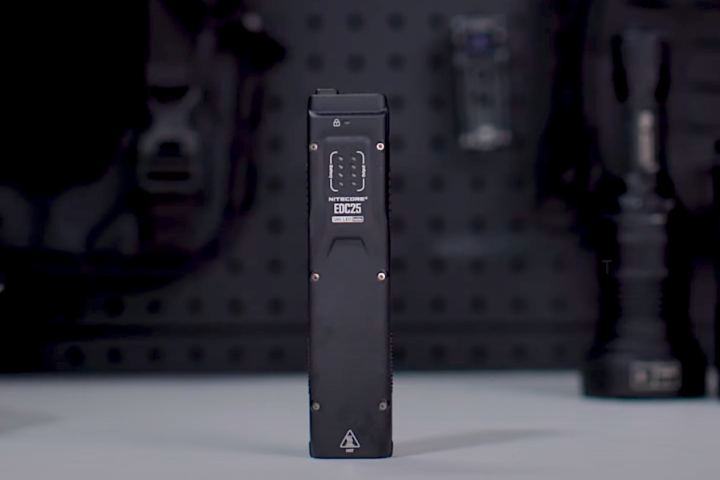A lesser-known fact about the operator of the world's most popular Internet search engine is that it's been running a small fleet of hybrid vehicles for the past few years to support its effort to reduce CO2 emissions, cut oil use and stabilize the electrical grid by accelerating the adoption of plug-in electric vehicles. Google engineers have put the cars through numerous tests to both prove and improve electric vehicle technology whilst publishing the results on the Internet. More recently, Google has confirmed that the fleet is currently running smart software to enable communication between the grid and the vehicles.
Employees at Google's Mountain View HQ in California were first given access to a new (and free) car-sharing scheme involving hybrid Toyota and Ford cars fitted with early version of the Hymotion plug-in hybrid system in 2007. As employees used the RechargeIT cars to run errands or drive to meetings and such like, performance data was collected and analyzed. After noticing that the fleet was mostly being used for short trips, Google embarked on an experiment to gather information useful for comparison with average vehicle use in the US.
Using national travel statistics, Google technicians drew up 257 journeys over 38 routes of less than 100 miles leaving from and returning to the Mountain View headquarters. Professional drivers were hired for driving consistency and the plug-in hybrids fitted with a Hymotion/A123 production plug-in hybrid kit, some standard hybrids, a 4.6 liter SUV, a 3.5 liter V6 minivan and a 1.8 liter compact car set off to collect performance information for comparison.
After seven weeks the results showed a clear - and unsurprising - winner. The plug-in hybrids outperformed all of the other cars in the experiment, being some US$25 cheaper to run per 100 miles than the SUV and $2.44 cheaper per 100 miles than a standard hybrid. PHEVs are not where the story ends, with the next step being the development of improved all electric plug-in vehicles and renewable energy infrastructure that can both handle the demand on the system and help keep overall emissions down, not just at the tailpipe.
Grid infrastructure also needs to be able to handle the delivery of power to plug-in vehicle needs. To that end, Google engineers have recently "developed proof of concept software that can read a signal from a grid operator and communicate with our RechargeIT plug-in cars, letting them know when and if they should charge and at what rate. The software can also include simulated loads, so we can see what would be possible if we had thousands or millions of plug-in cars (or other controllable loads) connecting to the grid at various times. As part of this demonstration project, all eight of Google's plug-ins (and one engineer's personal plug-in car) currently use this software and are charging based on real-time signal data from a grid operator."
"The beauty of plug-in vehicles is that with the right software behind them, you could manage their charging," said Dan Reicher, Google's director of Climate Change and Energy Initiatives.
The software is still in its early stages of development, but in the meantime, US drivers can compare the performance of their cars with the Google hybrid fleet by heading to the RechargeIT vehicle calculator.
Google has also released a broad-based plan on reducing fossil fuel dependence entitled Clean Energy 2030.





